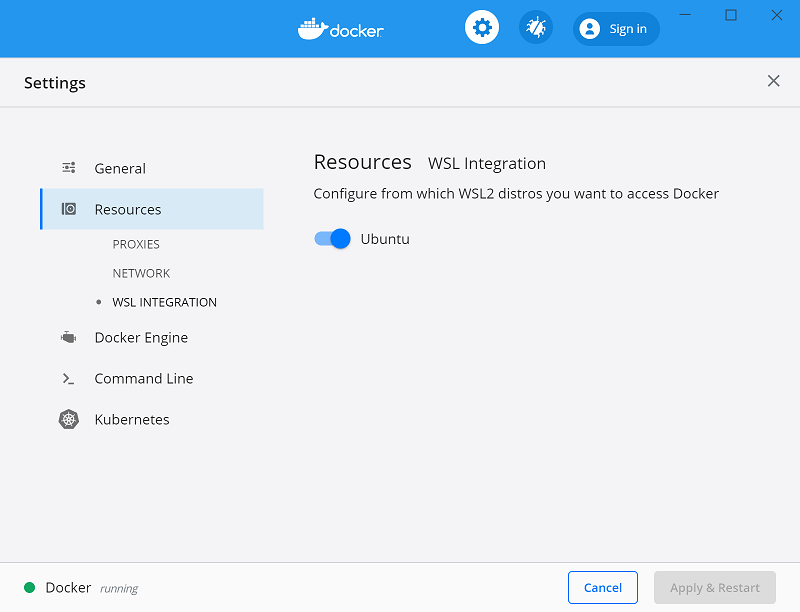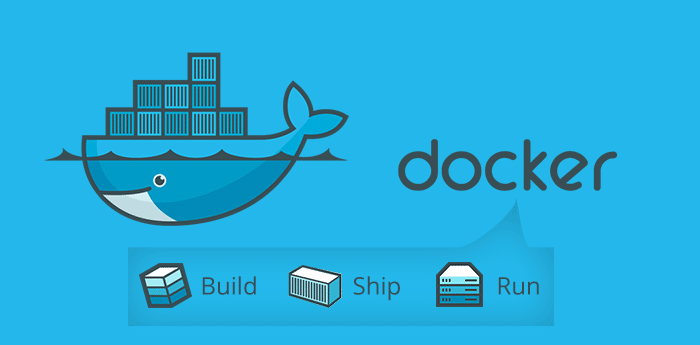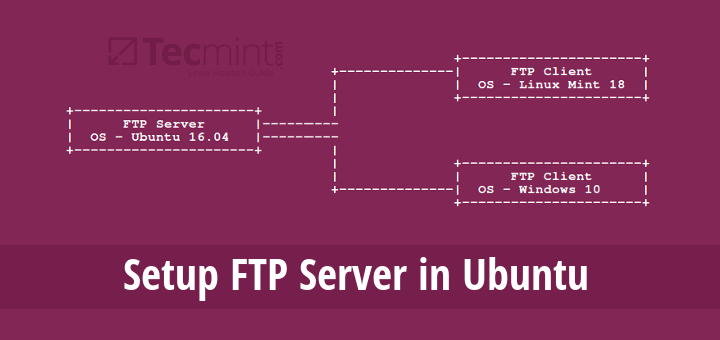There are two versions of Docker – Docker CE (Community Edition) and Docker EE (Enterprise Edition). If you have a small-scale project, or you’re just learning, you will want to use Docker CE. In this tutorial, learn how to install Docker on Ubuntu 18.04. Docker uses virtualization technology to provide isolated containers for software and tools. This article will show you the easiest way to install Docker on Ubuntu 20.04 and get it running in less than 5 minutes.
Estimated reading time: 8 minutes
Docker includes multiple logging mechanisms to help youget information from running containers and services.These mechanisms are called logging drivers. Each Docker daemon has a defaultlogging driver, which each container uses unless you configure it to use adifferent logging driver, or “log-driver” for short.
As a default, Docker uses the json-file logging driver, whichcaches container logs as JSON internally. In addition to using the logging driversincluded with Docker, you can also implement and use logging driver plugins.
Tip: use the “local” logging driver to prevent disk-exhaustion
By default, no log-rotation is performed. As a result, log-files stored by thedefault json-file logging driver logging driver can cause a significant amount of disk space to be used for containers that generate muchoutput, which can lead to disk space exhaustion.
Docker keeps the json-file logging driver (without log-rotation) as a defaultto remain backward compatibility with older versions of Docker, and for situationswhere Docker is used as runtime for Kubernetes.
For other situations, the “local” logging driver is recommended as it performslog-rotation by default, and uses a more efficient file format. Refer to theConfigure the default logging driversection below to learn how to configure the “local” logging driver as a default,and the local file logging driver page for more details about the“local” logging driver.
Configure the default logging driver
To configure the Docker daemon to default to a specific logging driver, set thevalue of log-driver to the name of the logging driver in the daemon.jsonconfiguration file. Refer to the “daemon configuration file” section in thedockerd reference manualfor details.
The default logging driver is json-file. The following example sets the defaultlogging driver to the local log driver:
If the logging driver has configurable options, you can set them in thedaemon.json file as a JSON object with the key log-opts. The followingexample sets two configurable options on the json-file logging driver:
Restart Docker for the changes to take effect for newly created containers.Existing containers do not use the new logging configuration.
Note
log-opts configuration options in the daemon.json configuration file mustbe provided as strings. Boolean and numeric values (such as the value formax-file in the example above) must therefore be enclosed in quotes (').
If you do not specify a logging driver, the default is json-file.To find the current default logging driver for the Docker daemon, rundocker info and search for Logging Driver. You can use the followingcommand on Linux, macOS, or PowerShell on Windows:
Note
Changing the default logging driver or logging driver options in the daemonconfiguration only affects containers that are created after the configurationis changed. Existing containers retain the logging driver options that wereused when they were created. To update the logging driver for a container, thecontainer has to be re-created with the desired options.Refer to the configure the logging driver for a containersection below to learn how to find the logging-driver configuration of acontainer.
Configure the logging driver for a container
When you start a container, you can configure it to use a different loggingdriver than the Docker daemon’s default, using the --log-driver flag. If thelogging driver has configurable options, you can set them using one or moreinstances of the --log-opt <NAME>=<VALUE> flag. Even if the container uses thedefault logging driver, it can use different configurable options.
The following example starts an Alpine container with the none logging driver.
To find the current logging driver for a running container, if the daemonis using the json-file logging driver, run the following docker inspectcommand, substituting the container name or ID for <CONTAINER>:
Configure the delivery mode of log messages from container to log driver
Docker provides two modes for delivering messages from the container to the logdriver:
- (default) direct, blocking delivery from container to driver
- non-blocking delivery that stores log messages in an intermediate per-containerring buffer for consumption by driver
The non-blocking message delivery mode prevents applications from blocking dueto logging back pressure. Applications are likely to fail in unexpected ways whenSTDERR or STDOUT streams block.
Warning

When the buffer is full and a new message is enqueued, the oldest message inmemory is dropped. Dropping messages is often preferred to blocking thelog-writing process of an application.
The mode log option controls whether to use the blocking (default) ornon-blocking message delivery.
The max-buffer-size log option controls the size of the ring buffer used forintermediate message storage when mode is set to non-blocking. max-buffer-sizedefaults to 1 megabyte.
The following example starts an Alpine container with log output in non-blockingmode and a 4 megabyte buffer:
Use environment variables or labels with logging drivers
Some logging drivers add the value of a container’s --env|-e or --labelflags to the container’s logs. This example starts a container using the Dockerdaemon’s default logging driver (let’s assume json-file) but sets theenvironment variable os=ubuntu.
If the logging driver supports it, this adds additional fields to the loggingoutput. The following output is generated by the json-file logging driver:
Supported logging drivers
The following logging drivers are supported. See the link to each driver’sdocumentation for its configurable options, if applicable. If you are usinglogging driver plugins, you maysee more options.
| Driver | Description |
|---|---|
none | No logs are available for the container and docker logs does not return any output. |
local | Logs are stored in a custom format designed for minimal overhead. |
json-file | The logs are formatted as JSON. The default logging driver for Docker. |
syslog | Writes logging messages to the syslog facility. The syslog daemon must be running on the host machine. |
journald | Writes log messages to journald. The journald daemon must be running on the host machine. |
gelf | Writes log messages to a Graylog Extended Log Format (GELF) endpoint such as Graylog or Logstash. |
fluentd | Writes log messages to fluentd (forward input). The fluentd daemon must be running on the host machine. |
awslogs | Writes log messages to Amazon CloudWatch Logs. |
splunk | Writes log messages to splunk using the HTTP Event Collector. |
etwlogs | Writes log messages as Event Tracing for Windows (ETW) events. Only available on Windows platforms. |
gcplogs | Writes log messages to Google Cloud Platform (GCP) Logging. |
logentries | Writes log messages to Rapid7 Logentries. |
Note

When using Docker Engine 19.03 or older, the docker logs commandis only functional for the local, json-file and journald logging drivers.Docker 20.10 and up introduces “dual logging”, which uses a local buffer thatallows you to use the docker logs command for any logging driver. Refer toreading logs when using remote logging drivers for details.
Create Docker Ubuntu

Limitations of logging drivers
Create Docker Ubuntu Container
- Reading log information requires decompressing rotated log files, which causesa temporary increase in disk usage (until the log entries from the rotatedfiles are read) and an increased CPU usage while decompressing.
- The capacity of the host storage where the Docker data directory residesdetermines the maximum size of the log file information.
